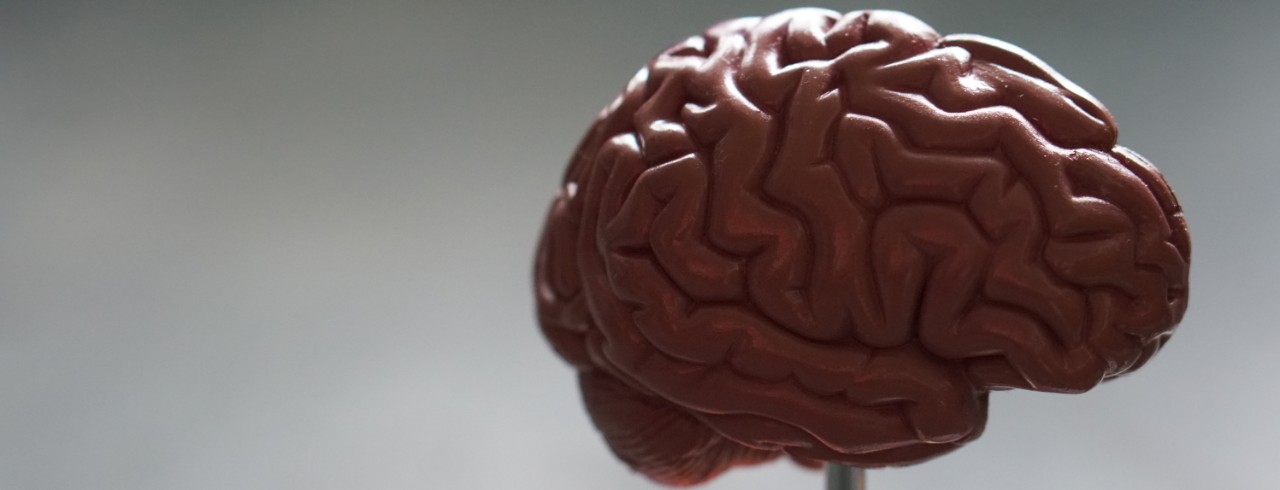
Local 12: UC startup gains approval for trials
Portable system from Sense Neuro Diagnostics can detect brain injuires
A startup founded by four University of Cincinnati physicians gained FDA approval to move forward with clinical trials for its portable system that can detect brain injuries, Local 12 reported.
Medtech startup Sense Neuro Diagnostics is developing the system, NeuSTAT, to help medical personnel diagnose everything from a traumatic brain injury in battle to a stroke.
“NeuSTAT is a device which will detect blood and for the trial, it’ll be approved to detect blood for someone who may have had a hemorrhagic stroke or bleeding from a traumatic brain injury,” Geoff Klass, CEO of Sense Neuro Diagnostics, said. “Worldwide, there's 50 billion traumatic brain injuries each year, and if you have a traumatic brain injury or if you have a stroke, immediate care is important.”
Sense Neuro Diagnostics hopes for results from the initial trial this year.
Featured image at top: Model of a brain. Photo by Robina Weermeijer on Unsplash
Innovation Lives Here
The University of Cincinnati is leading public urban universities into a new era of innovation and impact. Our faculty, staff and students are saving lives, changing outcomes and bending the future in our city's direction. Next Lives Here.
Related Stories
UC student leads effort to clean up campus adjacent Coy Field
April 7, 2021
Karthikeyan Sakthivel, a senior medical sciences undergraduate at the University of Cincinnati, has adopted Coy Field in an attempt to keep the green space clean and ready for use by UC students, area high schoolers and the community. Sakthivel is planning another cleanup event for Coy Field, which is adjacent to the university campus.
Finding community and building a future
July 9, 2021
As a University of Cincinnati College of Medicine student, Sarah Appeadu, MD, ’21, remembers journaling on the “3 Cs” that got her through medical school: Community, community, community. Now, when she lists the people who supported her through four years of training—the last year in a global pandemic—it keeps growing: her family, her church, her classmates, and the college’s Office of Student Affairs and Office of Diversity, Equity and Inclusion. “I look back and it was such a crucial time to really be nurtured in that way,” she says. “I’m so thankful that I had those people. It shows being around the right people really mattered. That’s my same hope for residency even.”
UC to honor 2,079 grads at summer Commencement
August 2, 2021
UC celebrates the 2021 summer Commencement on Friday in two ceremonies at Fifth Third Arena. On Saturday, UC will recognize 2020 grads with an in-person Commencement celebration.
